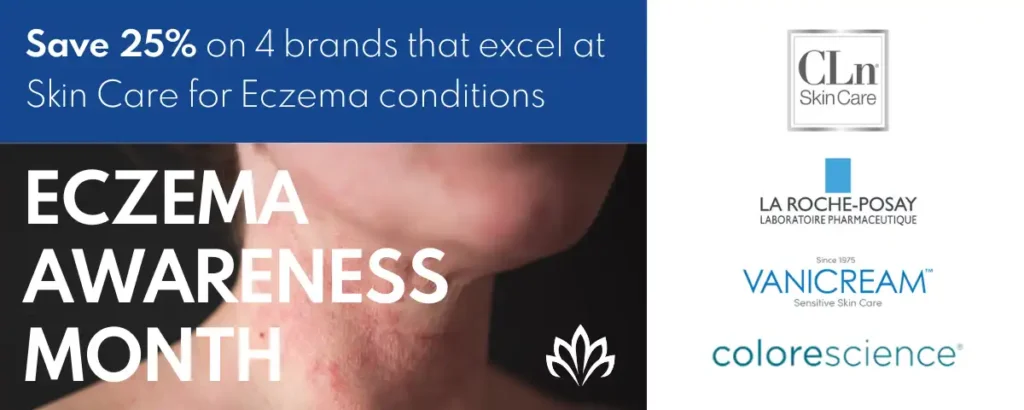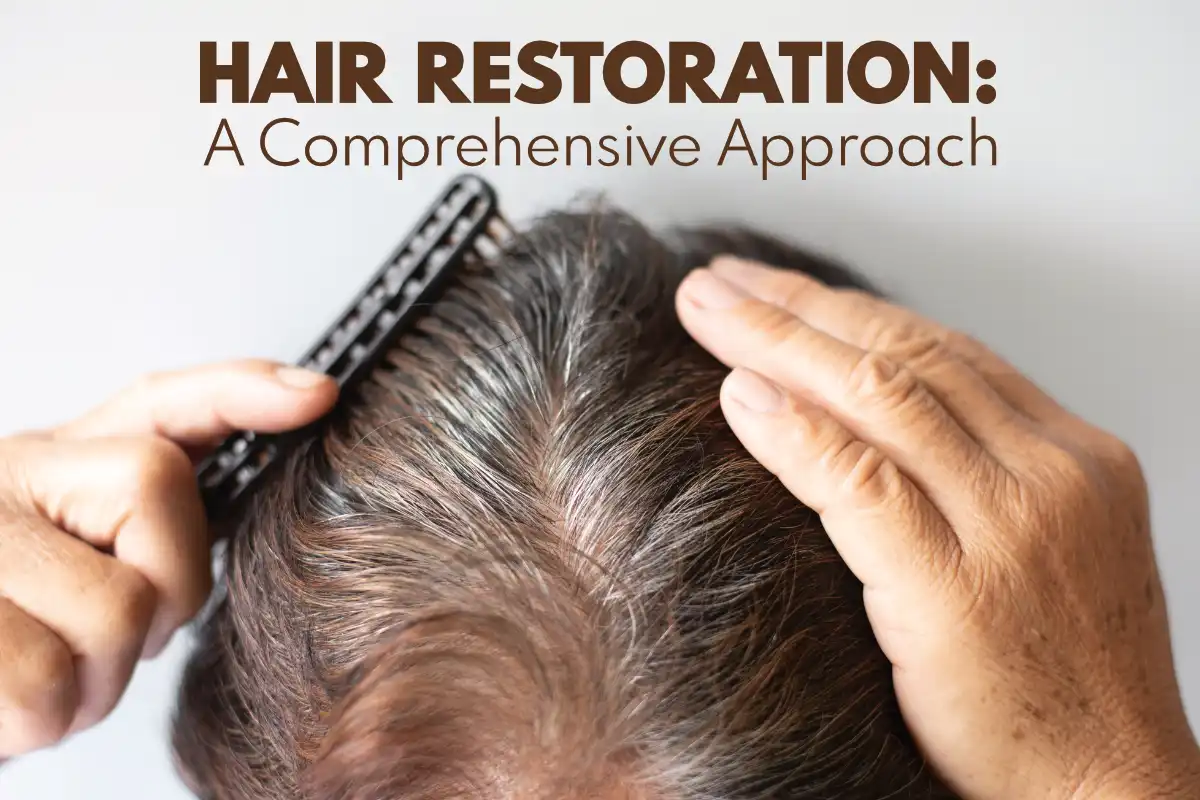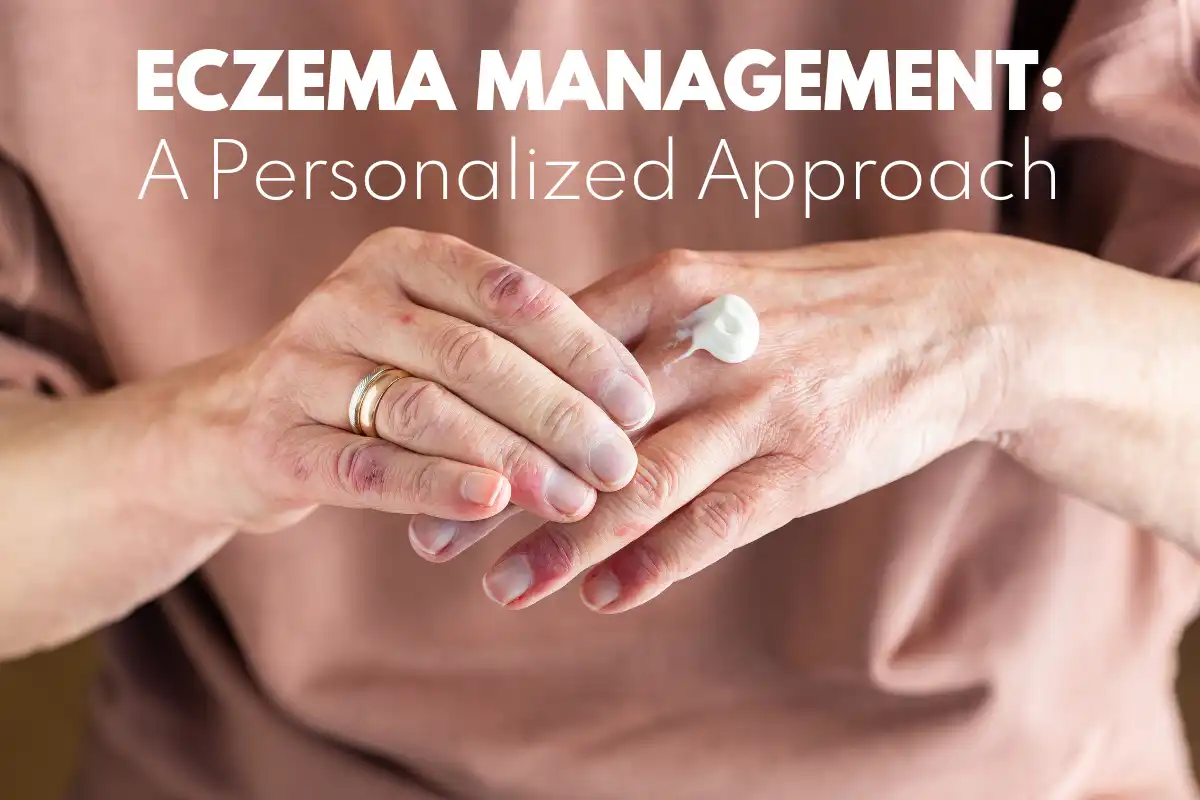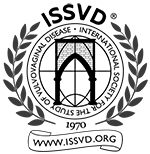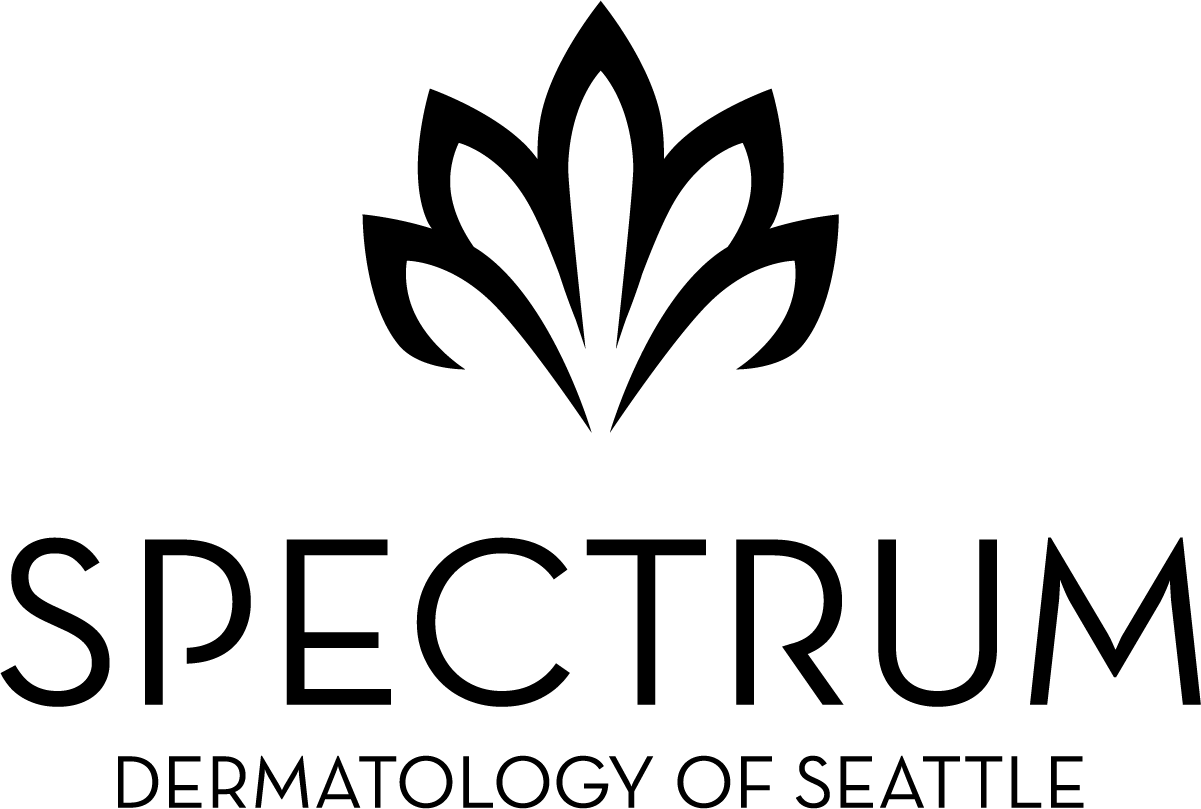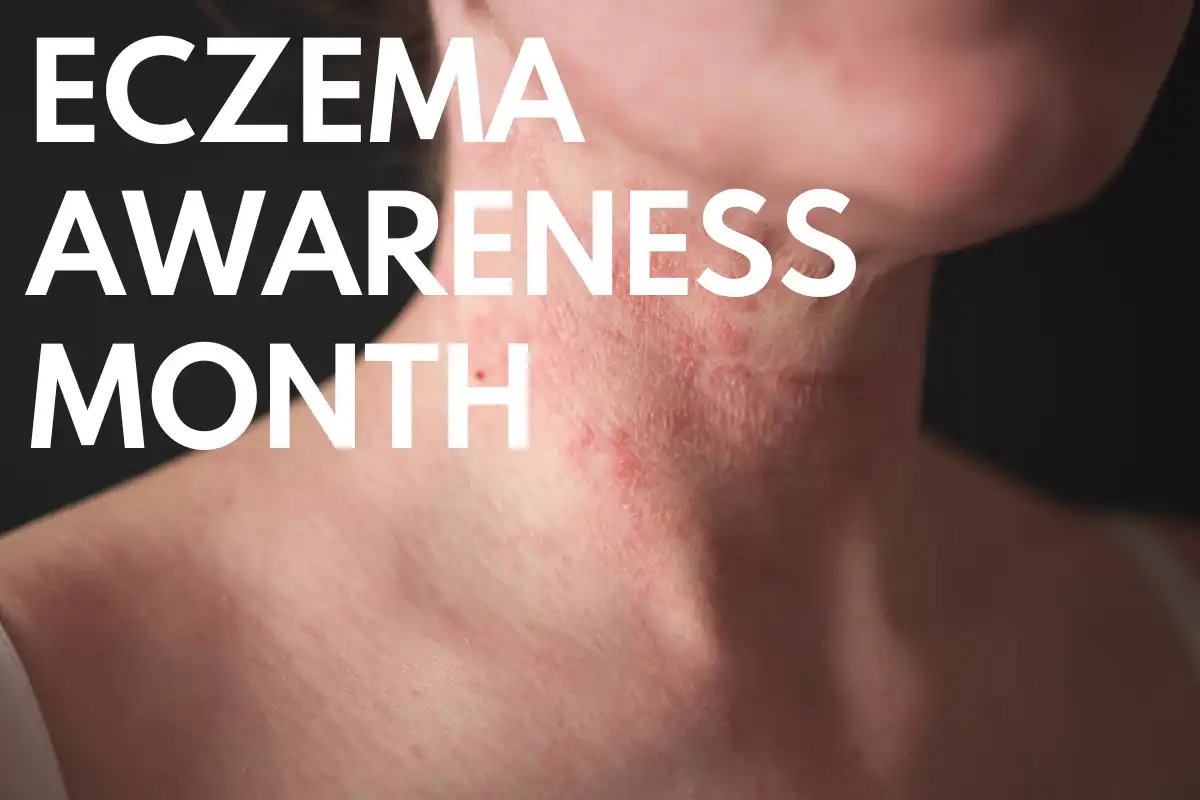
What is eczema?
Eczema is a common term for a group of conditions that cause inflammation of the skin. This can cause symptoms of a red, itchy, flaky rash, that may also be bumpy, raw, and even painful. Eczema most commonly refers to the inherited skin condition called atopic dermatitis, but may also refer to contact dermatitis or stasis dermatitis.
What is atopic dermatitis?
Atopic dermatitis is a chronic, inherited skin condition that typically arises first in childhood, between the ages of 2 months and 5 years, although later onset can also occur. In babies it often affects the face and extensor surfaces, and in young children it will affect the hands, wrists, and the folds of the arms and legs the most.
Do children outgrow atopic dermatitis?
It is not possible to know how long atopic dermatitis will last. Although it typically resolves around the time of puberty, for some people it lasts their whole life. And even individuals who “outgrow” their eczema may always have skin that is sensitive to external irritants and extremes of weather and humidity. In people who outgrow their childhood eczema, the hands are the most common area to have continued problems in adulthood. This is often worse in people who do work or hobbies that expose the hands to water or irritants frequently throughout the day, breaking down the skin barrier that is innately sensitive. For some people atopic dermatitis can even worsen with age, depending on environmental factors, how the skin is cared for, medical conditions, and even some medications.
Can atopic dermatitis be prevented?
There is some evidence that gentle skin care, avoiding irritants, and applying eczema-friendly moisturizers may prevent the development of eczema in high-risk babies. This type of skin care is also enormously helpful in preventing the worsening of eczema in people who have already developed the condition, and also in managing the symptoms.
How is eczema treated?
Appropriate treatment will depend on the type of eczema. This is where consulting a dermatologist is essential. First, the condition must be diagnosed and exacerbating or co-morbid conditions identified and treated. But no matter the type of eczema, whether atopic dermatitis, contact dermatitis, or stasis dermatitis, skin care is an essential pillar of treatment. This includes the use of gentle, fragrance-free cleansers, consistent use of fragrance free, highly emollient moisturizing creams, and avoidance of irritants.
Beyond skin care, the treatment of eczema has experienced a flurry of new treatment options over the past few years, adding a variety of very effective, safe, and much needed medications for this challenging condition. In addition to the classic topical steroids and calcineurin inhibitors like pimecrolimus, now there are a variety of other non-steroid topicals, as well as systemic medications, both oral and injected, for both children and adults.
If you think you might have eczema, and it's mild, you can start with very gentle skin care, generous, regular application of an eczema-friendly moisturizer, and possibly some over the counter hydrocortisone cream. If your condition does not resolve within 2 weeks, or it seems to get worse or spread, or at any point you think it might be infected, discontinue treatment and consult a dermatologist. We’re here to help.
Wishing you good skin health,
Paula D Zook, MD

